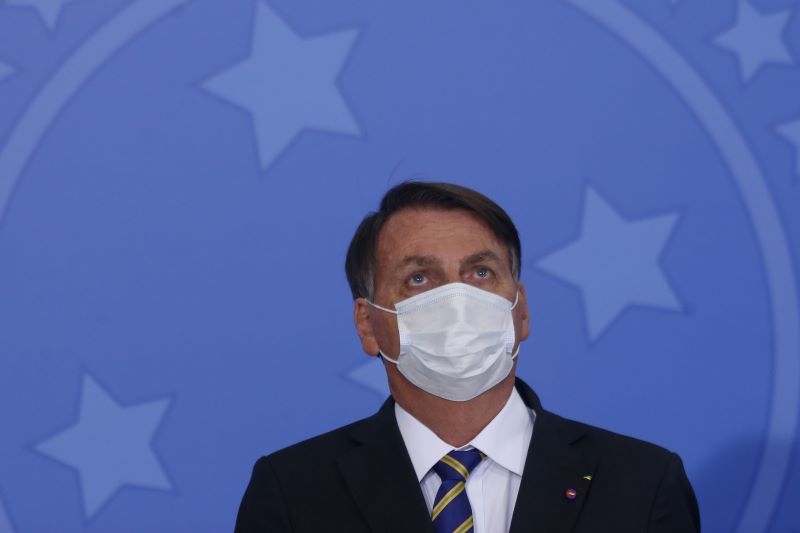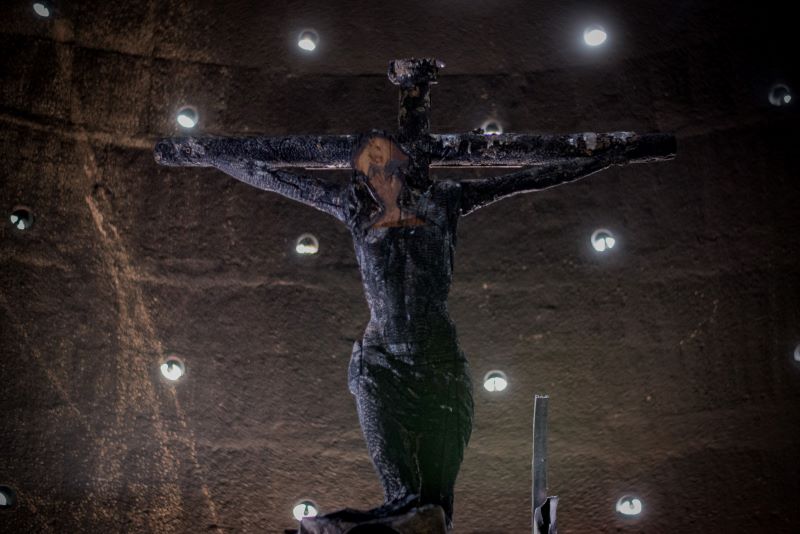During his Angelus address this Sunday, 2 August, the Pope declared his support and sympathy for the people of Nicaragua, after an attack on the Cathedral of Managua earlier this week.
The attack on Friday 31 July saw a hooded man enter the Cathedral, located in Nicaragua’s largest city, and throw a Molotov cocktail. Although no-one was injured in the attack, it caused a fire that seriously damaged a 400-year-old crucifix housed in the cathedral.
In his remarks after the Angelus prayer, said at midday on Sunday 2 August, the Pope stated that he was “thinking about the people of Nicaragua who are suffering due to the attack”. Speaking of the significance of the damaged crucifix – which was the subject of a famous speech by St John Paul II during his visit to the country - he told Nicaraguans “I am near to you and I am praying for you.”
The Archdiocese of Managua released a statement on Friday where they termed the attack a “premeditated and planned act,” that was, they said, “carried out by someone with experience in this field”. The destruction of the crucifix - “one of the most loved and venerated by the faithful of Nicaragua” – was not accidental, they emphasised. Petrol bombing the Cathedral was a “deplorable act” which “offends and deeply wounds” all the faithful.
The Archdiocese added that the attack was part of a broader pattern, “a series of sacrilegious acts, violations of Church property, and attacks on churches”. In Nicaragua, due in significant part to the political unrest within the country, Churches have been subject to property damage, theft, the invasion of services by political activists, and the desecration of consecrated hosts.
The deep tensions between the increasingly authoritarian Ortega administration and the countries’ Catholic church have intensified since the violent suppression of anti-government protests in 2018. At the time, many Bishops were outspoken in support of protestors’ civil rights and many individual Churches offered sanctuary to activists threatened by security services.
The Vice-president of Nicaragua and President Ortega’s wife, First Lady Rosario Murillo, has suggested that the fire at the cathedral was due to a prayer candle. The local Archdiocese has denied this, and argued that no prayer candles were present in the chapel where the crucifix was held.



 Loading ...
Loading ...